“Towards an interconnected and collaborative neighbourhood”
Who are you — and what’s happening at your lab?
The Bartók Quarter Urban Living Lab is based in Újbuda, a district of Budapest known for its dense network of cultural venues, architecture studios, tech start-ups, and educational institutions. The ULL is coordinated by a local consortium made up of KözPont, the municipality’s cultural agency; KÉK, an architecture centre focused on community building; Cooperative City, a non-profit working in policy design and local development; and rising.eco, a company supporting community-driven energy systems. Together, they’re experimenting with new models that connect energy, culture, and urban life.
What kind of local story are you part of?
Bartók Quarter is a lively, mixed-use neighbourhood characterised by four- to five-storey residential buildings with active street-level spaces. It offers a promising context for experimenting with rooftop solar energy generation and its use in ground-floor cultural venues. However, Hungary’s national legislation currently lacks a comprehensive framework to support energy communities. This makes local initiatives like ours vital testing grounds for new forms of governance, technical solutions, and social organisation.
What do you hope to achieve through Co-PED?
Our goal is to use the concept of energy communities to strengthen relationships between cultural actors and local residents, while fostering collaboration around shared infrastructure. We want to create a model where rooftop solar energy powers the daytime needs of ground-floor spaces, helping to shape a more circular, resilient and connected neighbourhood.
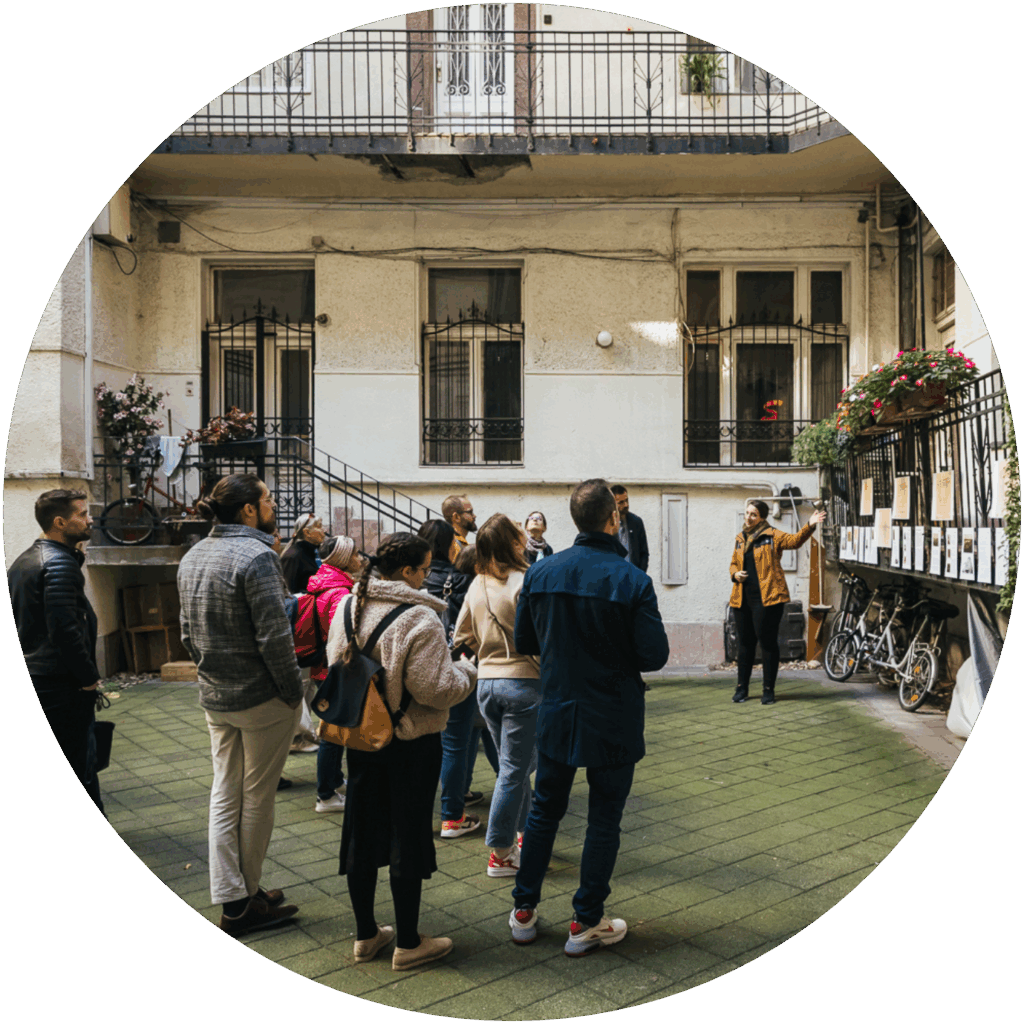
How will you make it happen?
We plan to reach our goals by researching the feasibility of different energy use scenarios, organising local communities, and modelling potential energy communities. We are also designing economic and governance frameworks and developing technical solutions tailored to dense urban environments. All of this work is supported by continuous fundraising to bring ideas into action.
Who are your allies in all this?
The Bartók Quarter Lab brings together a wide range of stakeholders. These include members of the Bartók Quarter Roundtable, cultural venues across the district, both public and private institutions, various neighbourhood groups and informal initiatives, and of course, the residents who make up the life of the community.
What kind of change do you want to see?
We want to strengthen cultural centres by positioning them as key actors in local energy transitions. By enabling renewable, shared energy production in multi-family buildings, we aim to make neighbourhoods more resilient, participatory, and future-ready. This experiment could pave the way for positive energy districts and offer a new model for urban sustainability.
And finally — your motto for Co-PED?
“Towards an interconnected and collaborative neighbourhood”
sharing is caring! share this with others:
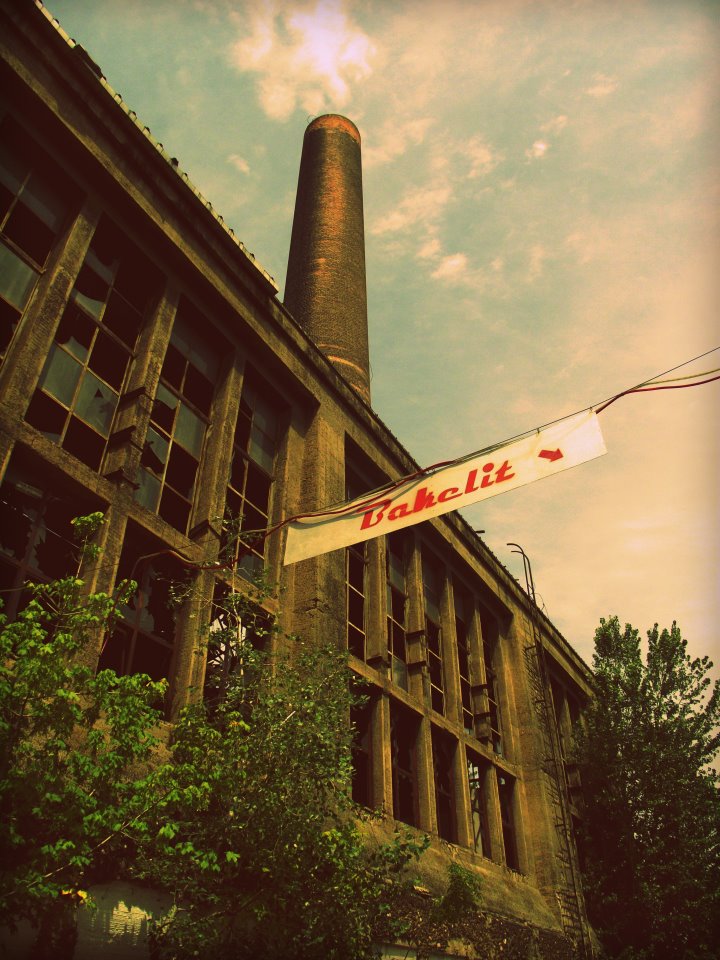
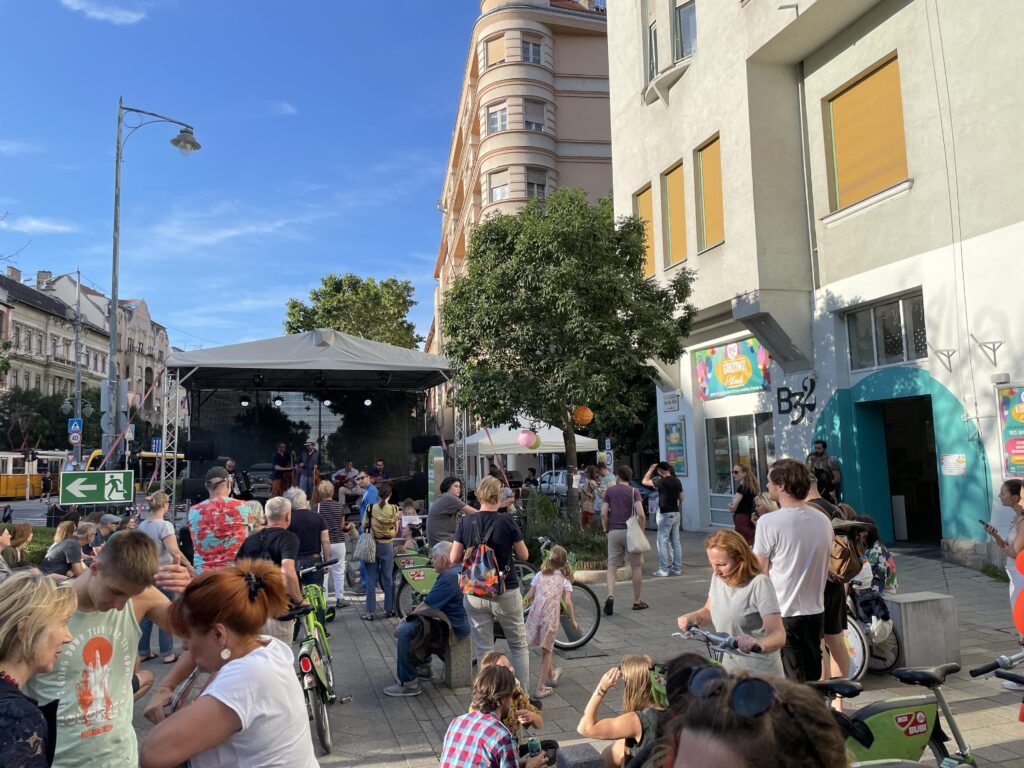
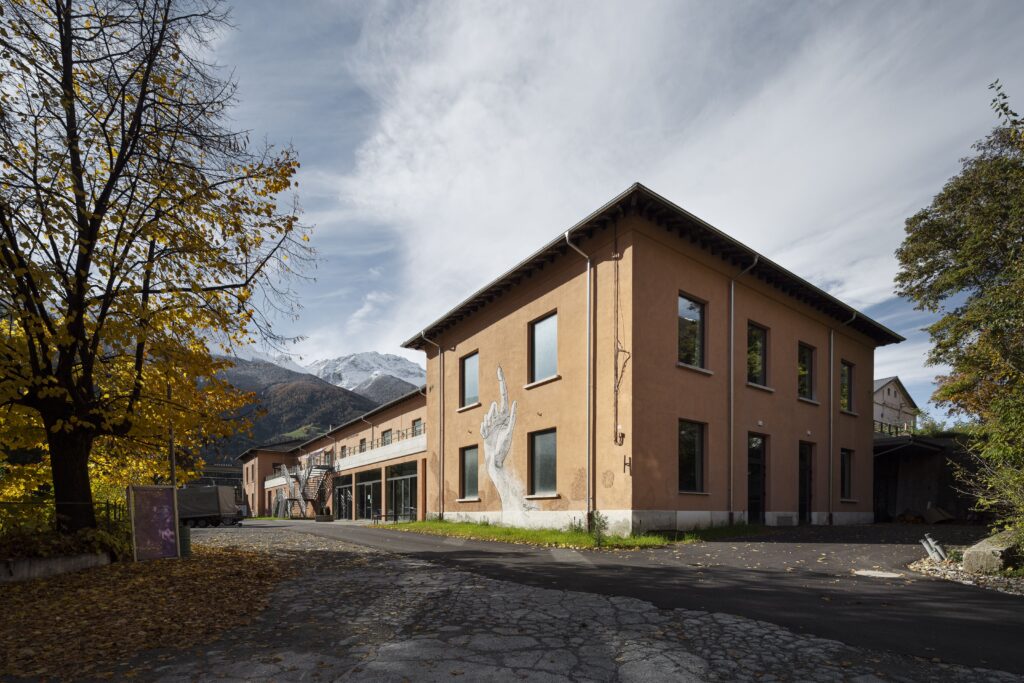
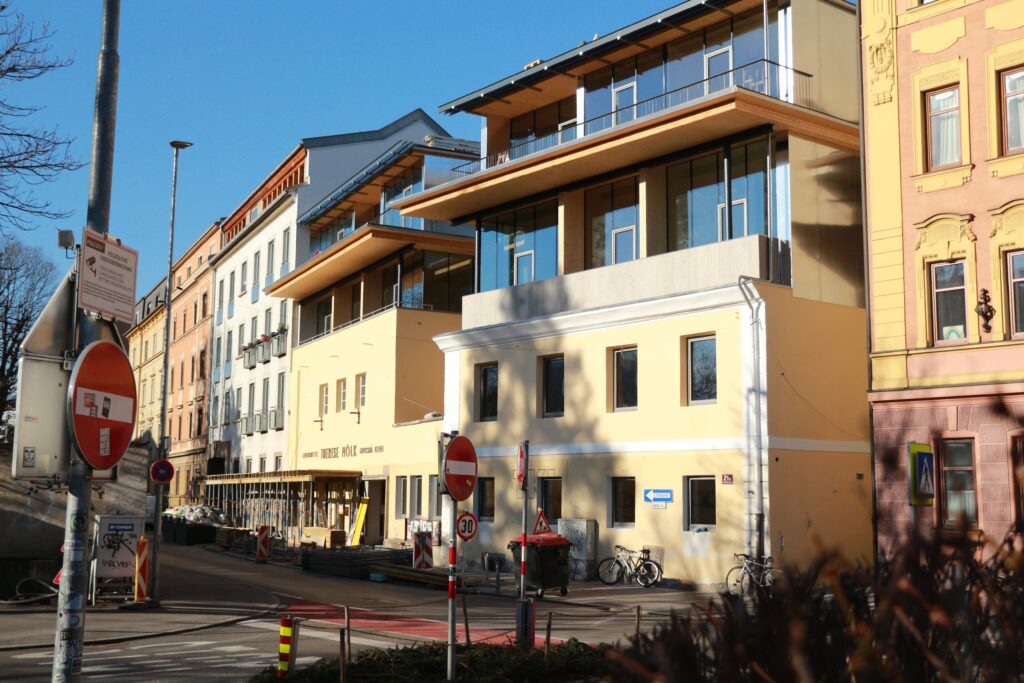
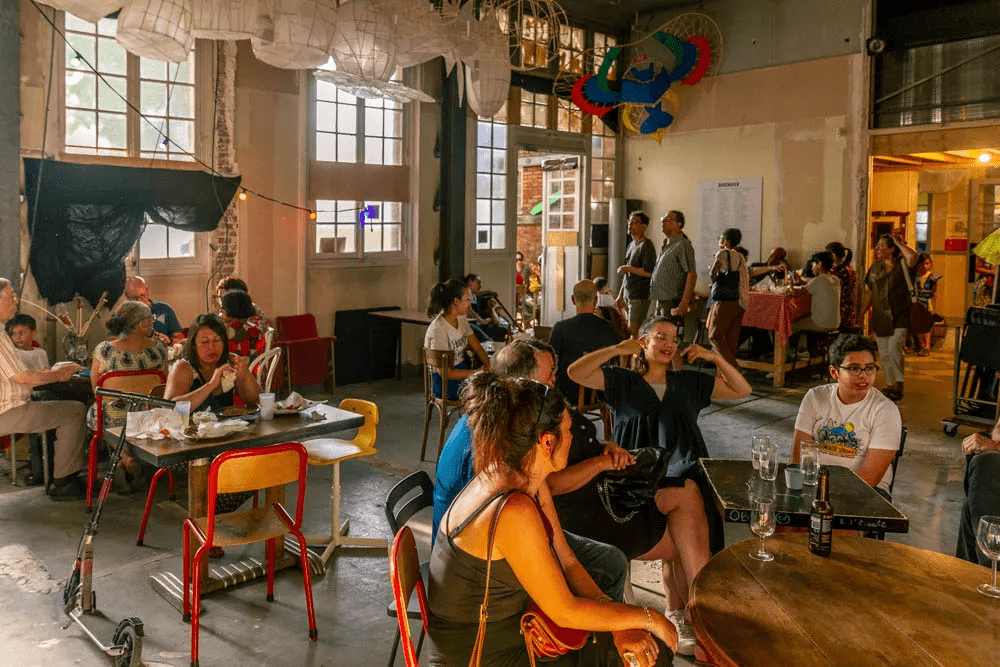
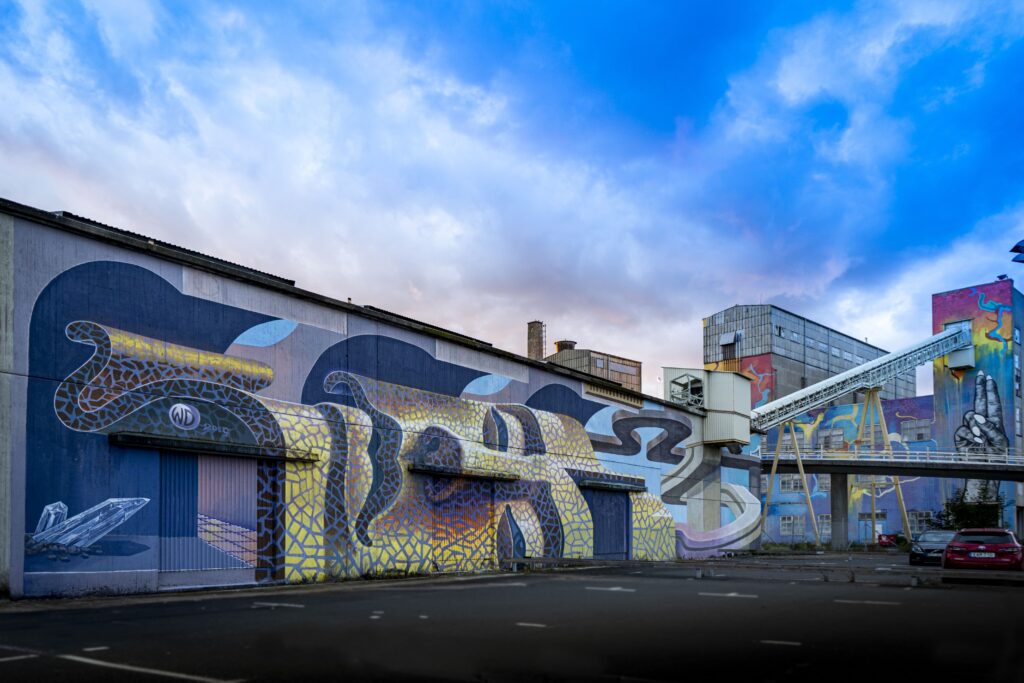
Co-PED investigates the potential of social and cultural centers as catalysts for positive energy districts, nurturing a just energy transition that includes local communities.
Co-PED is dedicated to inclusion and gender diversity and therefore implemented a gender and diversity policy
Policy Analysis Report at regional, national, and European levels, assessing existing policies.
Policy Briefs at the intersection of cultural, real estate, urban development, and energy policies.
Policy Roundtable Events, including six events across the co-applicant countries.
Strategic Guidelines for municipalities on the implementation of energy communities.
Capacity Building and Training Program for policymakers and civil society, promoting energy justice.
Structuring Study for a European cooperative company, including articles of association and relevant legislation.